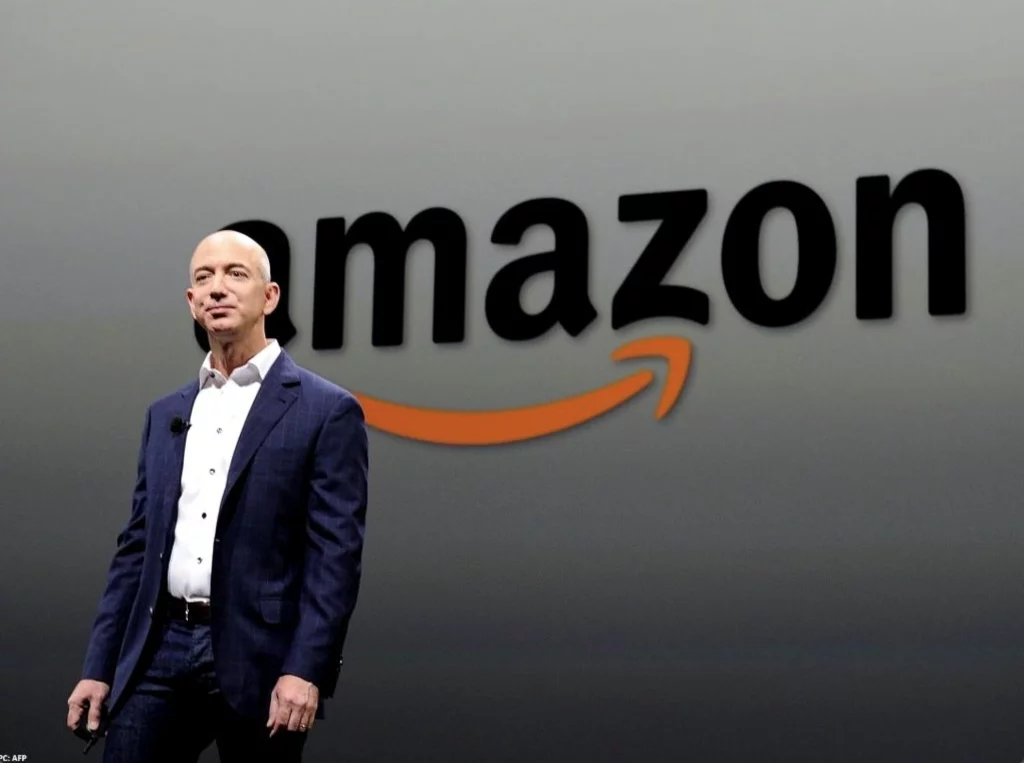The Impact of Technology on Large Corporations: A Case Study of Amazon

In today’s rapidly evolving business landscape, large corporations are not just players in their respective markets; they are often trendsetters shaping entire industries. One such behemoth is Amazon, a company that has revolutionized the way we shop and consume media. Founded by Jeff Bezos in 1994 as an online bookstore, Amazon has transformed into one of the most influential companies globally, with a diverse portfolio that includes e-commerce, cloud computing, artificial intelligence, and entertainment. This article explores how Amazon’s innovative practices and technology integration have not only propelled its growth but also significantly impacted the larger business ecosystem.
E-Commerce Revolution
At the heart of Amazon’s success is its pioneering approach to e-commerce. The company has redefined online shopping by prioritizing customer experience, which is evident in its user-friendly interface and personalized recommendations. Through sophisticated algorithms, Amazon analyzes consumer behavior and preferences, allowing it to present tailored product suggestions. This not only enhances customer satisfaction but also increases sales—a testament to how data-driven strategies can lead to substantial financial gains.
Additionally, Amazon’s commitment to rapid delivery has set new standards in logistics. With innovations like the Amazon Prime membership, which offers expedited shipping and access to exclusive content, the company has created a loyal customer base willing to pay for convenience. This emphasis on speed and efficiency has forced competitors to adapt, pushing the entire retail sector towards faster shipping and improved logistics capabilities.
Cloud Computing and AWS
Another significant aspect of Amazon’s business model is Amazon Web Services (AWS), which has become a leading player in the cloud computing market. Launched in 2006, AWS offers a wide range of services, including computing power, storage, and machine learning capabilities. The flexibility and scalability of AWS have attracted startups and established corporations alike, leading to a robust ecosystem of cloud-based solutions.
AWS’s impact extends beyond Amazon itself. By providing reliable and cost-effective cloud services, AWS has enabled businesses across various sectors to innovate and scale without the heavy burden of traditional IT infrastructure. This democratization of technology has empowered countless startups, allowing them to compete with larger enterprises on a more level playing field. Consequently, AWS has played a crucial role in driving digital transformation across industries, reinforcing the idea that technology is a fundamental driver of modern business success.
Innovation and Disruption
Innovation is embedded in Amazon’s corporate culture. The company continually invests in research and development to explore new technologies and business models. One notable example is Amazon Go, a cashier-less store that uses advanced computer vision and sensor technology to create a seamless shopping experience. Customers can simply walk in, grab what they need, and leave without going through a traditional checkout process. This concept not only enhances convenience but also challenges the conventional retail model, pushing other retailers to explore similar innovations.
Furthermore, Amazon’s foray into artificial intelligence through Alexa and smart home devices exemplifies its commitment to staying ahead of the technological curve. By integrating AI into everyday life, Amazon is shaping consumer expectations and creating new market opportunities. Other businesses must adapt to this changing landscape, leading to an increased focus on AI and automation across various sectors.
The Social and Economic Impact
While Amazon’s innovations have driven significant growth and efficiency, they also raise questions about the broader social and economic implications. The company’s market dominance has sparked concerns about monopolistic practices and the impact on small businesses. Local retailers struggle to compete with Amazon’s pricing and logistics capabilities, leading to discussions about the need for regulations to ensure fair competition.
Moreover, Amazon’s workforce practices have been scrutinized. Reports of high-pressure environments and demanding performance metrics highlight the challenges faced by employees. As corporations like Amazon continue to grow, the responsibility to ensure fair labor practices and employee well-being becomes increasingly critical.
Sustainability Initiatives
In recent years, Amazon has recognized the importance of sustainability in its operations. The company has committed to achieving net-zero carbon emissions by 2040 and has invested heavily in renewable energy sources. Initiatives like the Climate Pledge Fund aim to support sustainable technologies and reduce the environmental impact of its operations. As consumers become more environmentally conscious, Amazon’s focus on sustainability may not only improve its brand image but also set a precedent for other corporations to follow.
Conclusion
Amazon exemplifies how large corporations can leverage technology to innovate, disrupt markets, and drive growth. Its commitment to customer experience, cloud computing, and continuous innovation has redefined the retail landscape and influenced countless businesses worldwide. However, as Amazon continues to expand, it faces challenges related to competition, labor practices, and sustainability. The lessons learned from Amazon’s journey highlight the need for balance between innovation and ethical responsibility in the pursuit of business success. As we look to the future, the path that Amazon and similar corporations take will undoubtedly shape the economic landscape for years to come.


